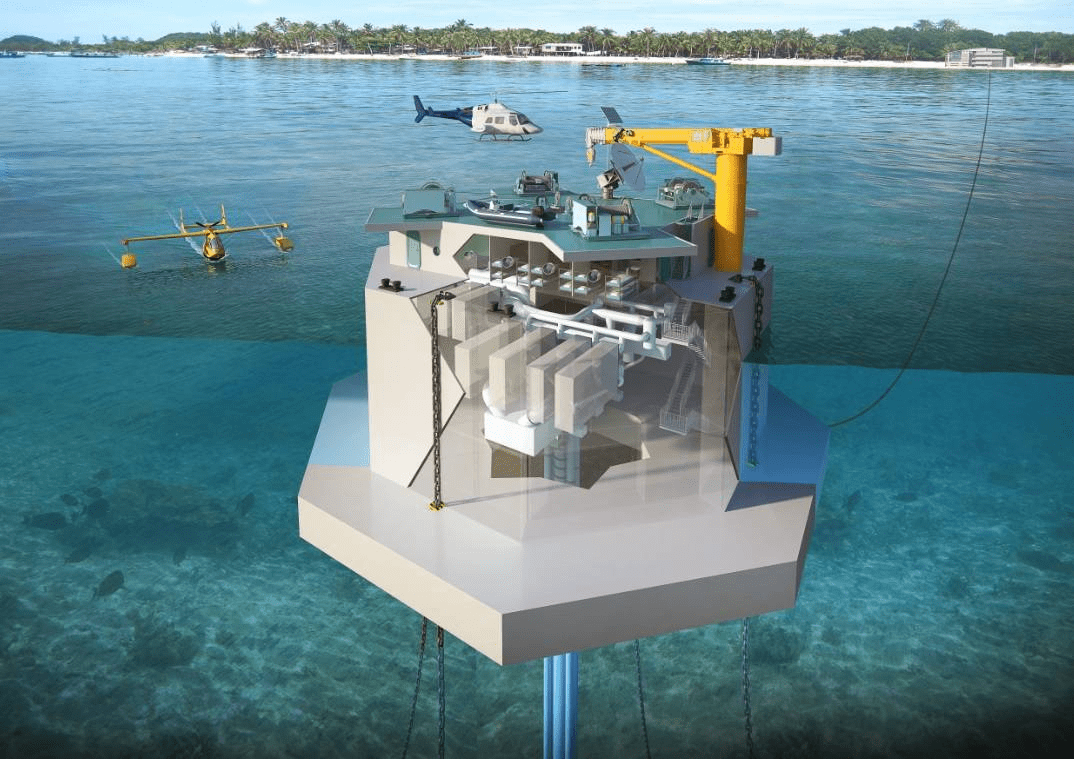



There are a number of existing mature technologies at or close to market that the Pacific can rely on to make serious in-roads into its domestic transport emissions footprints and crippling domestic fuel bills – sailing ships, Flettner rotors, WIG craft, active transport modes, even steam powered trains. But at some point, the Pacific will need access to new and alternative non-emitting fuels.
Hydrogen and various hydrogen carriers such as methanol and ammonia – the so-called electro-fuels because they need significant supplies of green electricity to produce the fuel – are the most likely contenders. This is a major conundrum for Pacific states. We can barely afford our addiction to diesel today, how we afford to ever transition to much more expensive alternative imported fuels?
The only solution is if we can somehow produce a surplus of affordable clean electricity. But even after a decade of investment in renewable energy, the reality is none of our Pacific states generate enough clean electricity for their current usage, let alone producing electro-fuels.
And this is where Ocean Thermal Energy Conversion (OTEC) offers a potential solution for our equatorial ocean states, especially our atoll nations. OTEC exploits the temperature differential between very cold deep ocean water sourced from 1000m and very high surface water temperatures experienced by our states. Used in a heat exchanger, this temperature differential can be harnessed to drive a steam generator producing large amounts of low cost electricity.
If this can be delivered, there are numerous multiplier benefits. The condensation from the process produces large amounts of pure fresh water, suitable for potable supply and hydroponics. The cold seawater can be used for Salt Water Air Conditioning (SWAC) replacing electrical air conditioners inside buildings at a fraction of the cost. Aquaculture and root crop enhancement are other benefits.
The theory of OTEC has been well known for many years. However, it is likely only applicable in a narrow band of countries either side of the equator with easy access to deep-water drop-offs. This a relatively limited number of States. But for our micro maritime nations it could be a game changer.
Scientists at the Republic of Korea’s Korea Research Institute of Ships & Ocean engineering (KRISO)
RMI has considered OTEC several times in the past but this not led to a practical demonstration. In 2017, Dr Hyeon-Ju Kim presented on the potential for OTEC at the 2017 Blue-Green Symposium Korean symposium in Majuro. Korea has now announced a four year program to install and operate a 50khw demonstration plant at CMI’s Arak Campus in Majuro. If this project works then the technology can be replicated at commercial scale.
have been leading work on Pacific scale OTEC programming.
Resources
Kim, Hyeon-Ju, Ho-Saeng Lee, Seung-Taek Lim, and Michael Petterson. 2021. "The Suitability of the Pacific Islands for Harnessing Ocean Thermal Energy and the Feasibility of OTEC Plants for Onshore or Offshore Processing" Geosciences 11, no. 10: 407. https://doi.org/10.3390/geosciences11100407
Kim, Albert S. and Hyeon-Ju Kim (eds) “Ocean Thermal Energy Conversion (OTEC) - Past, Present, and Progress”
Petterson, Michael G and Hyeon Ju Kim, 2020. Can Ocean Thermal Energy Conversion and Seawater Utilisation Assist Small Island Developing States? A Case Study of Kiribati, Pacific Islands Region DOI: 10.5772/intechopen.91945 https://www.intechopen.com/chapters/71764
Seawater Energy Plant Research Centre
KRISO https://www.kriso.re.kr/menu.es?mid=a20202010000
https://mcst-rmiusp.blogspot.com/2022/02/otec-what-is-and-why-should-we-consider.html